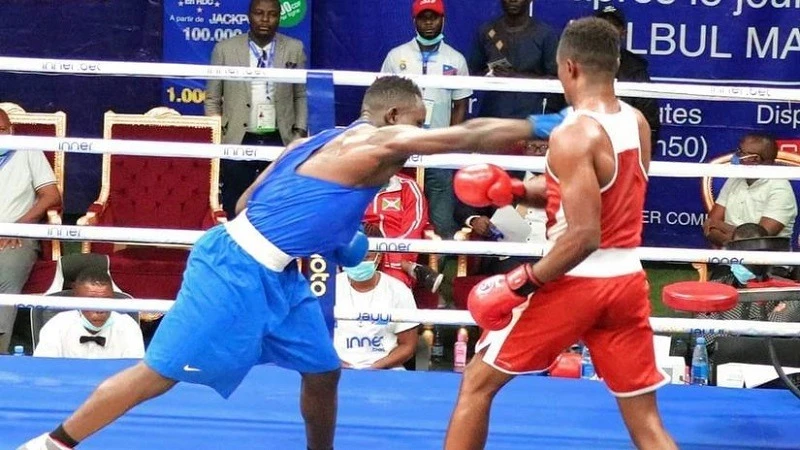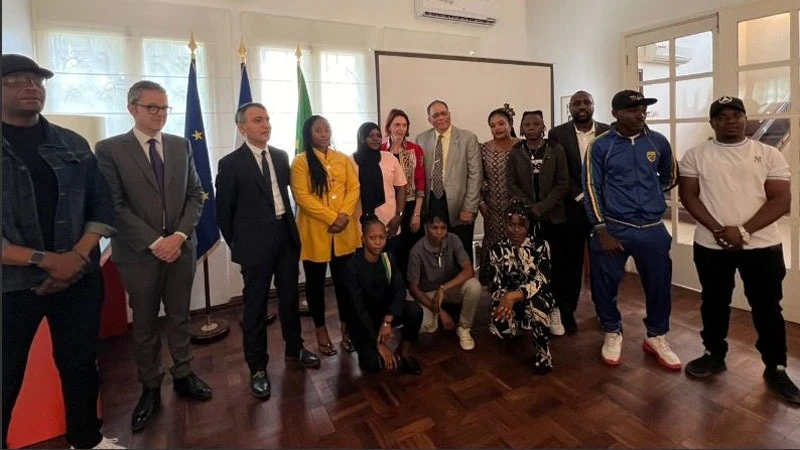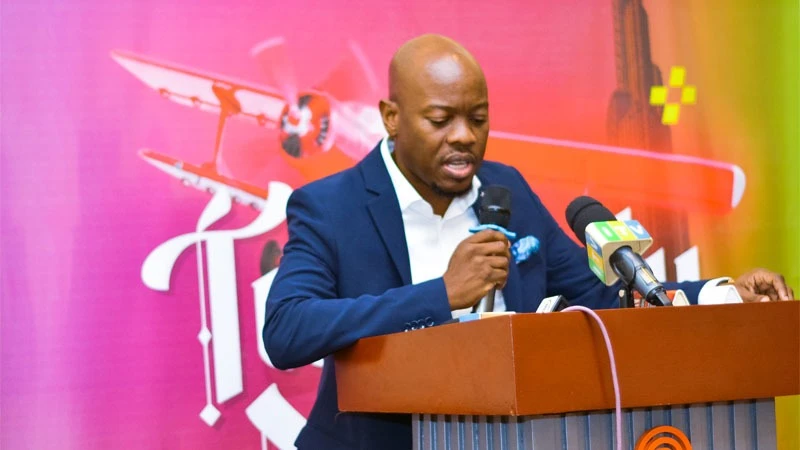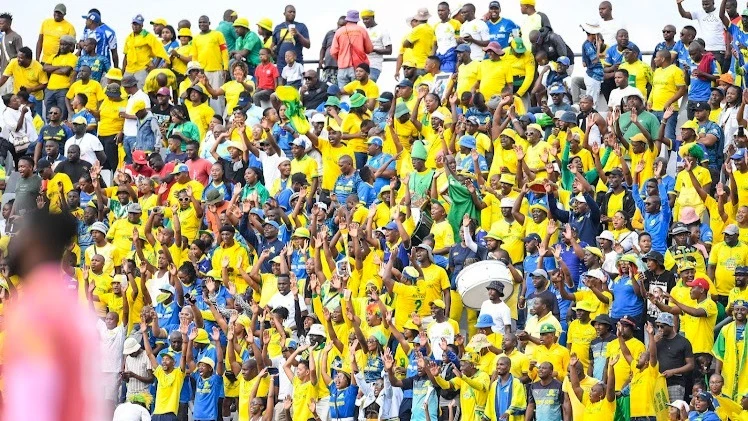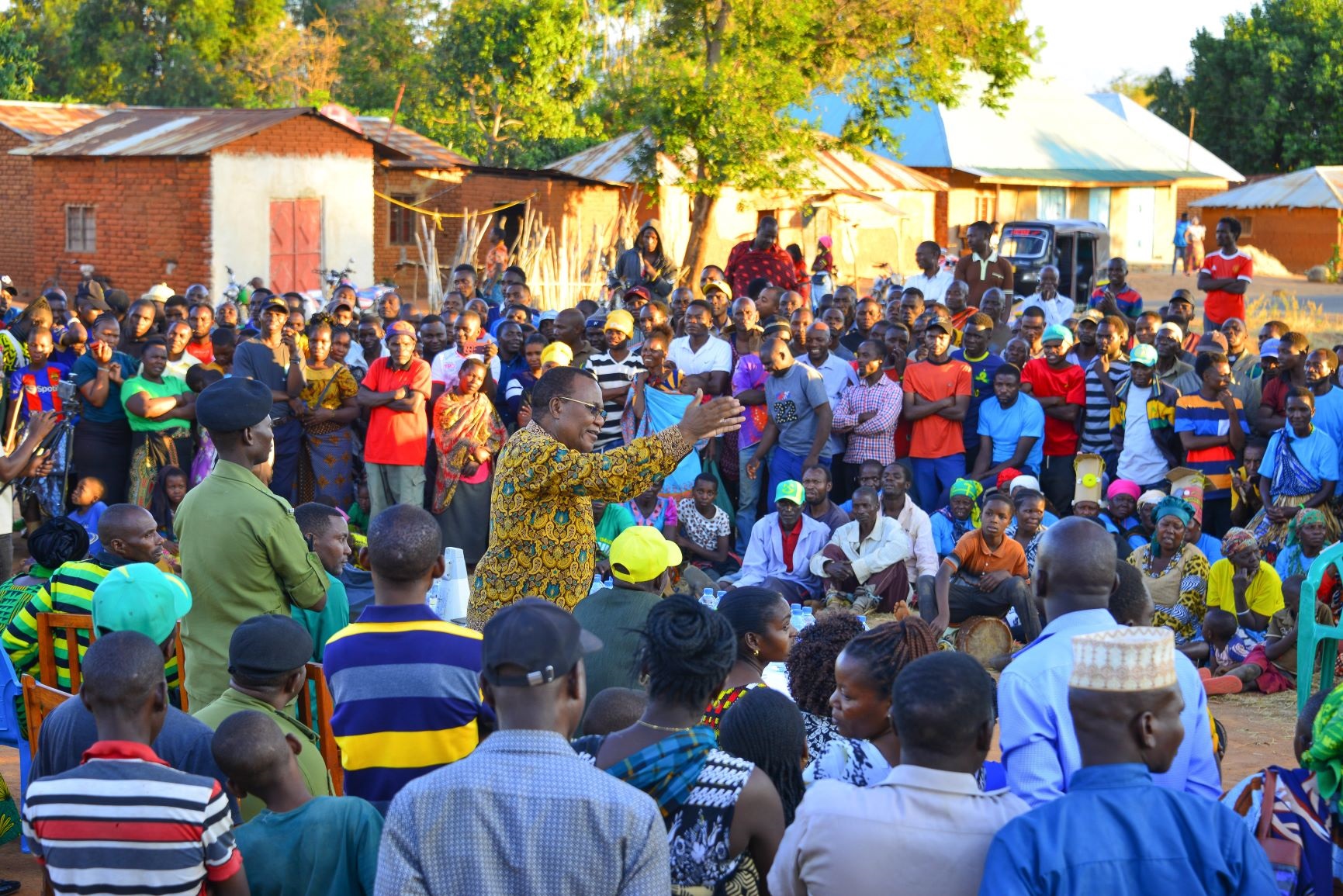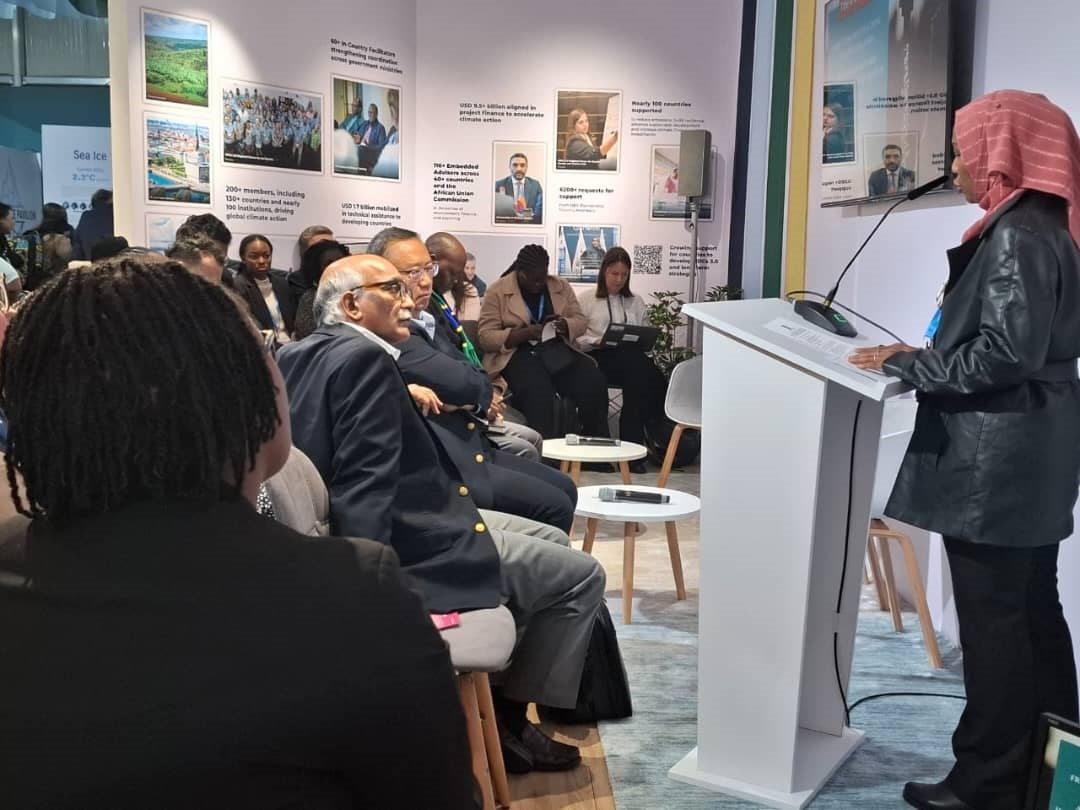Hemed Morocco sticks to his defense laden pattern that could help Gamondi, too
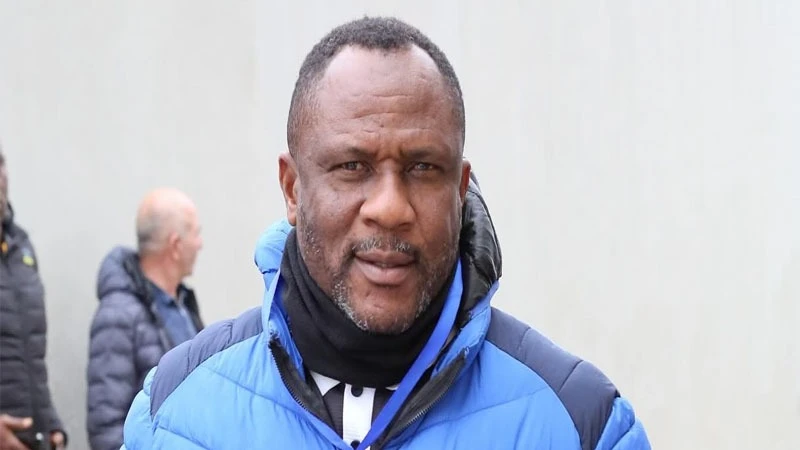
TAIFA Stars' interim head coach, Hemed Suleiman ‘Morocco’, has done it again, with his tactical outlay of beefing the team with defense minded players as different from using defensive tactics as is usually the case, and achieved undeniably unexpected results.
The side obtained a negative 1-0 result with the Bulgarian national side, even if it is not the proverbial Bulgaria of the likes of either Dimitar Berbatov or Hristo Stoichov who had successful spell earlier, and then slugged a little known Far Eastern side, Mongolia, with a beefy 3-0 result.
Pundits have been discussing the results and tactics, but their usual reflections similarly need to be reflected upon in failing to appreciate the gift.
It was the same situation earlier when ‘Morocco’ placed four attack-minded players in the second 2023 AFCON group match with Zambia, and only three attack-minded players when facing DRC.
The Tanzanian side obtained identical results with a one-all draw with Zambia and a null draw with DRC, both of which were unexpected in the relative chaos of a poor defensive game against Morocco.
The pundits did not exactly appreciate the intuitive brilliance of this tactic, in its greater ability to thwart the other side from playing its usual brand of football, had the coach fielded a soft midfield out for balls from the rear, reluctantly helping to defend as an extra.
The four matches that the supposedly interim coach has handled, where on no account the side has been humiliated, are yet to convince the pundits that this is a workable football philosophy, partly on account of a lack of realism as to where Taifa Stars stands with the teams it was playing.
Even as pundits assert that our national side is much farther ahead of Mongolia in FIFA standings, anything can happen when one plays away from home, and some would say, with a rather experimental side that mentally at least, has the usual duo of Mbwana Samatta and Simon Msuva, both having more than a decade in the team and reaching a finale.
To appreciate the methods adopted by the head coach, it is vital to see Tanzania as a newcomer and virtual underdog with virtually any side in the region and beyond, an image that is beginning to change, but one needs to have it near the front part of the head so as to avoid mistakes.
In the days of the East African Challenge Cup our Kenyan and Ugandan neighbours used to share the title on a regular basis, until it became a wider regional contest where keeping track was less exciting.
Just two coaches got the title in say 15 years, Syllersaid Mziray and Kim Poulsen, no other.
There is a wind where Tanzania is lately climbing up the CAF hierarchy or listing by importance, where by contrast our neighbours are sort of traversing a kind of oblivion, or relative decline in relation to ourselves, the reasons for which are a bit complex.
When it comes to exporting players outside, and they are usually the more dependable in continental competitions, the two have had a better crop of players outside than Tanzania, despite that they are by no means remarkable in that regard.
It is the west and the north of Africa who are more noticeable in that regard – in which case our relative success at the national level arises from club football.
With constant exposure to some of the best defenders or attackers in Africa being signed on a regular basis by the city rivals in particular, local players are being put to playing experience they did not have in the earlier encounter, in which case they become better than was otherwise expected.
It is enough to watch any premier league match for ten minutes even if it does not involve the city rivals and compare with what we used to see even two years ago to accept that there is systematic change in local soccer.
The reason was of course the need to do well in continental football, which gradually raised the profile of players being signed from outside, and soon the most important change of them all, the recruitment of the most able coaches.
At the moment the city rivals stand a shoulder below the best clubs in Africa, but are not their equals just yet, but as it is the case with premier league football, an acknowledged underdog can defeat a well dotted side in terms of individual quality of players.
That is what separates Msimbazi Street squad from giants Al Ahly and the Jangwani Street side from ‘Masandawana’, the praise name of the blistering South African side, Mamelodi Sundowns.
It is on this basis that the ‘Morocco’ game plan fits the picture for the two city sides, first to stop the two giants playing their usual game, which could promise a draw, and then bet the rest on opportunity.
It is thus discernible that Miguel Gamondi can make use of his Taifa Stars peer’s methods, as playing with a proper midfield gives the other side an equal chance of penetrating the other half, and thus be in a position to score.
That is how a side has to adopt defensive tactics by massing at the goal area, the way we thus hopelessly battled huge Morocco, but then chance removed Adel Amrouche.
The rest is glad and has continued to be that way, as ‘Morocco’ plays three forwards with a more powerful side or four with a more comparable side. Arguing against it is pointless.
Top Headlines
© 2024 IPPMEDIA.COM. ALL RIGHTS RESERVED



